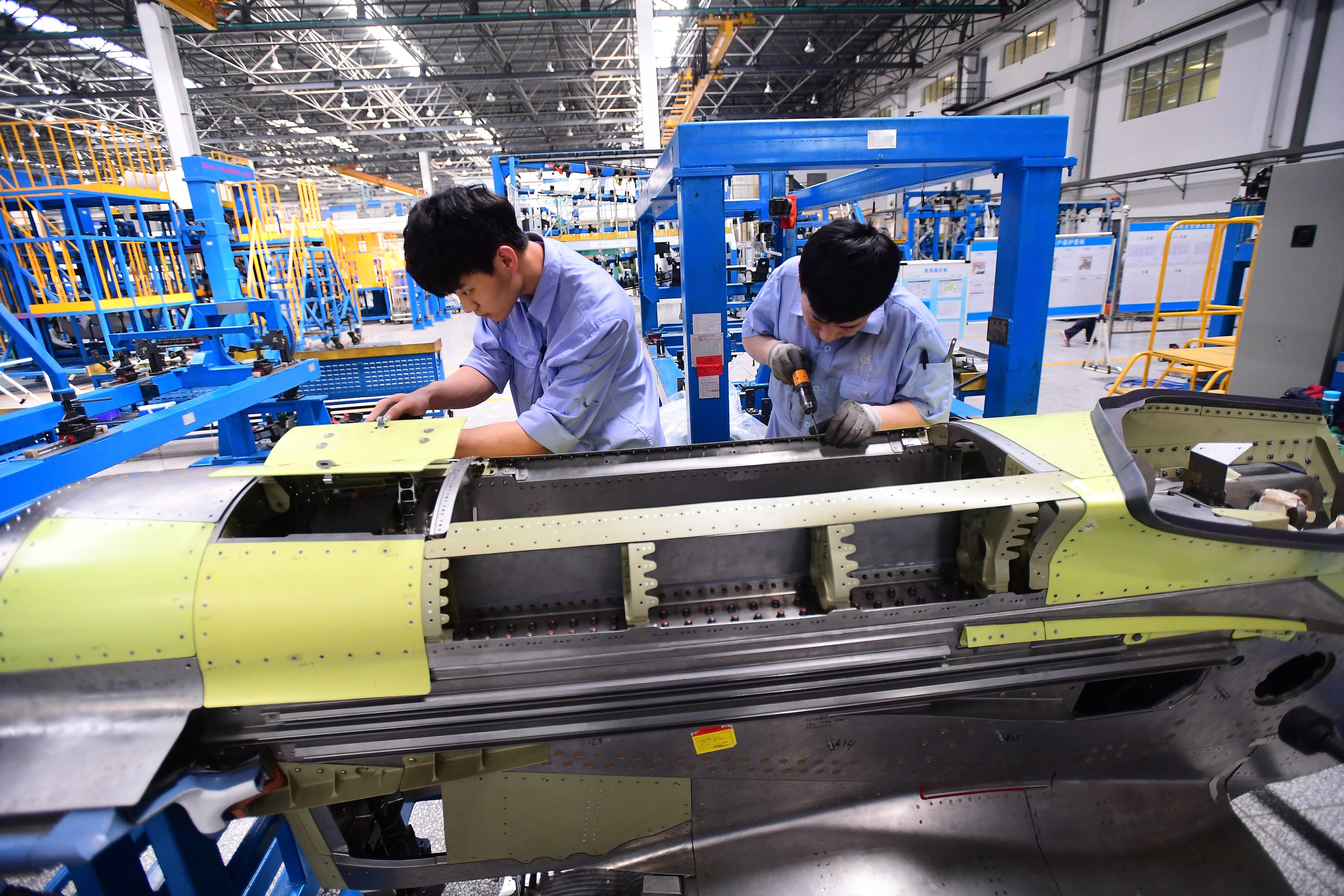
Smarter email, faster business. Auto-tag, parse, and respond to RFQs, quotes, orders, and more — instantly.
Trending Now:
China Reportedly Preparing to Place Major Airbus Order for Up to 500 Planes
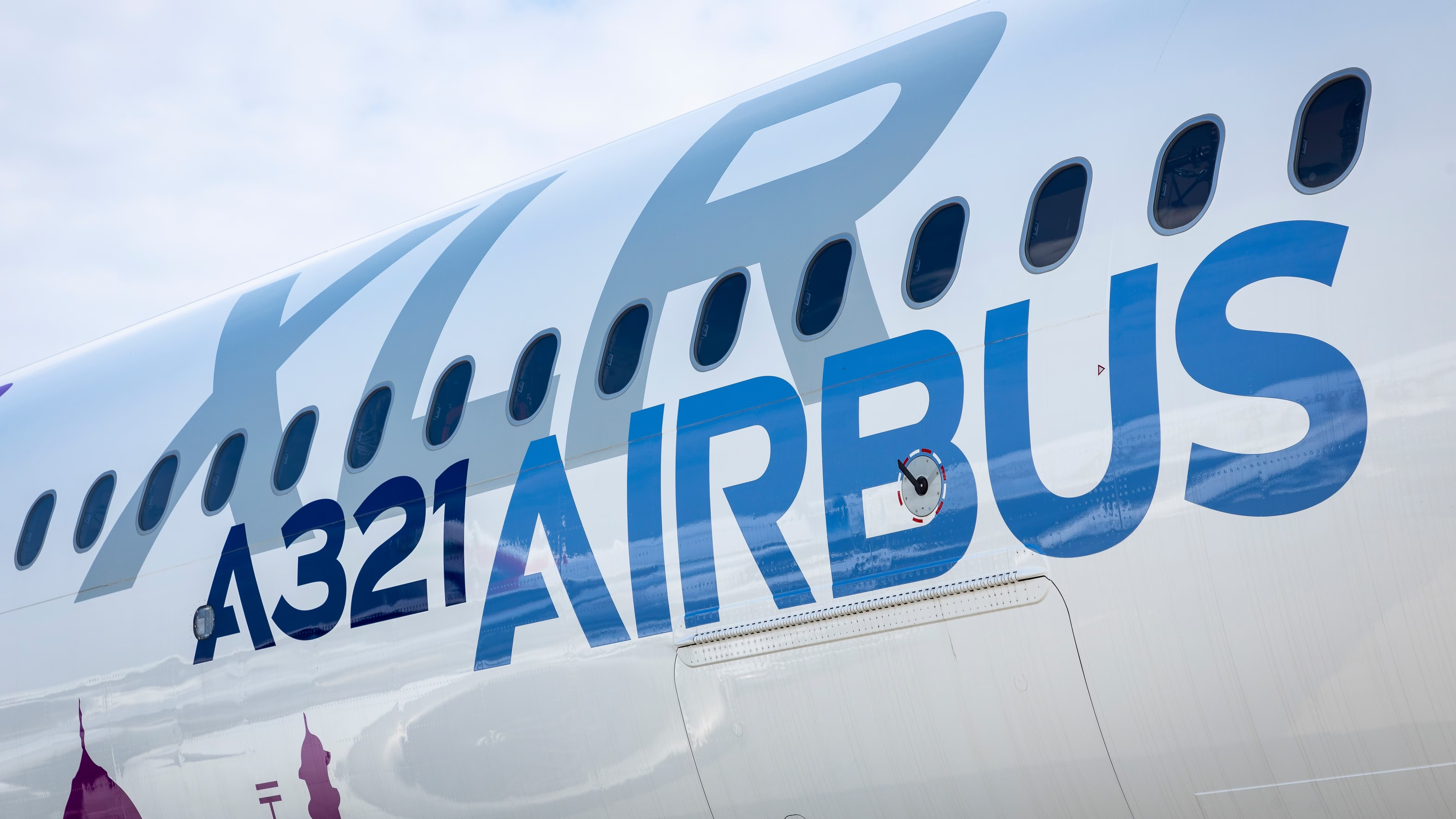
China Reportedly Preparing to Place Major Airbus Order for Up to 500 Planes
Strategic Shift in Aircraft Procurement
In the face of ongoing economic volatility and persistent trade barriers disrupting global supply chains, China is reportedly preparing to place a substantial order for Airbus aircraft, potentially totaling up to 500 planes. This move marks a significant shift in the country’s procurement strategy, favoring the European manufacturer over its traditional reliance on US-based Boeing. Sources cited by Bloomberg indicate that the deal could be finalized next month, coinciding with a planned visit by European leaders to Beijing, underscoring the strengthening diplomatic and economic ties between China and Europe.
The potential order emerges against the backdrop of escalating trade tensions between China and the United States. Chinese airlines, burdened by tariffs and rising costs associated with American-built aircraft, are increasingly turning to Airbus as a more viable alternative. Airbus benefits from fewer tariff-related obstacles and supply chain disruptions compared to Boeing, making it a more attractive partner for Chinese carriers.
Details of the Proposed Order
Industry insiders suggest that the Chinese government, which exerts control over the nation’s major airlines, is considering an order ranging from 300 to 500 aircraft. The majority of these are expected to be single-aisle Airbus A320neo family jets, many of which are already manufactured at Airbus’ Tianjin facility. Additionally, China is reportedly contemplating a significant purchase of 50 to 100 Airbus A330neo widebody aircraft to replenish the long-haul fleets of state-owned carriers such as Air China and China Southern.
This prospective deal would build upon China’s 2022 acquisition of 292 Airbus A320neo jets and comes at a time when the country’s backlog of long-haul aircraft has diminished, with no new Boeing orders placed since 2017. Should the order reach the upper estimate of 500 aircraft, it would surpass Air India’s record-setting 470-jet purchase in 2023, marking a landmark transaction in the global aviation industry.
Market Impact and Industry Implications
The announcement of the potential order has already had a pronounced effect on financial markets. Airbus shares surged by more than 4% in Paris trading, adding over $5 billion to the company’s market capitalization in a single morning. Related firms, including engine manufacturer Rolls-Royce, also experienced gains, reflecting investor optimism about increased demand for aircraft such as the A330neo.
The timing of the deal, aligned with high-level diplomatic engagement between Europe and China, highlights its broader geopolitical and economic significance. For Airbus, securing such a large order would further entrench its position in the world’s second-largest aviation market. Conversely, Boeing faces the prospect of losing further ground amid ongoing trade disputes and shifting supplier preferences.
As China seeks to diversify its aircraft suppliers and reduce exposure to US-China tensions, this potential Airbus order signals a major realignment in the global aviation landscape. While Airbus has declined to comment on the reported negotiations, the scale and context of the deal suggest profound implications for the industry’s future.

Challenges Boeing Faced After Designing the 737 MAX for Larger Engines
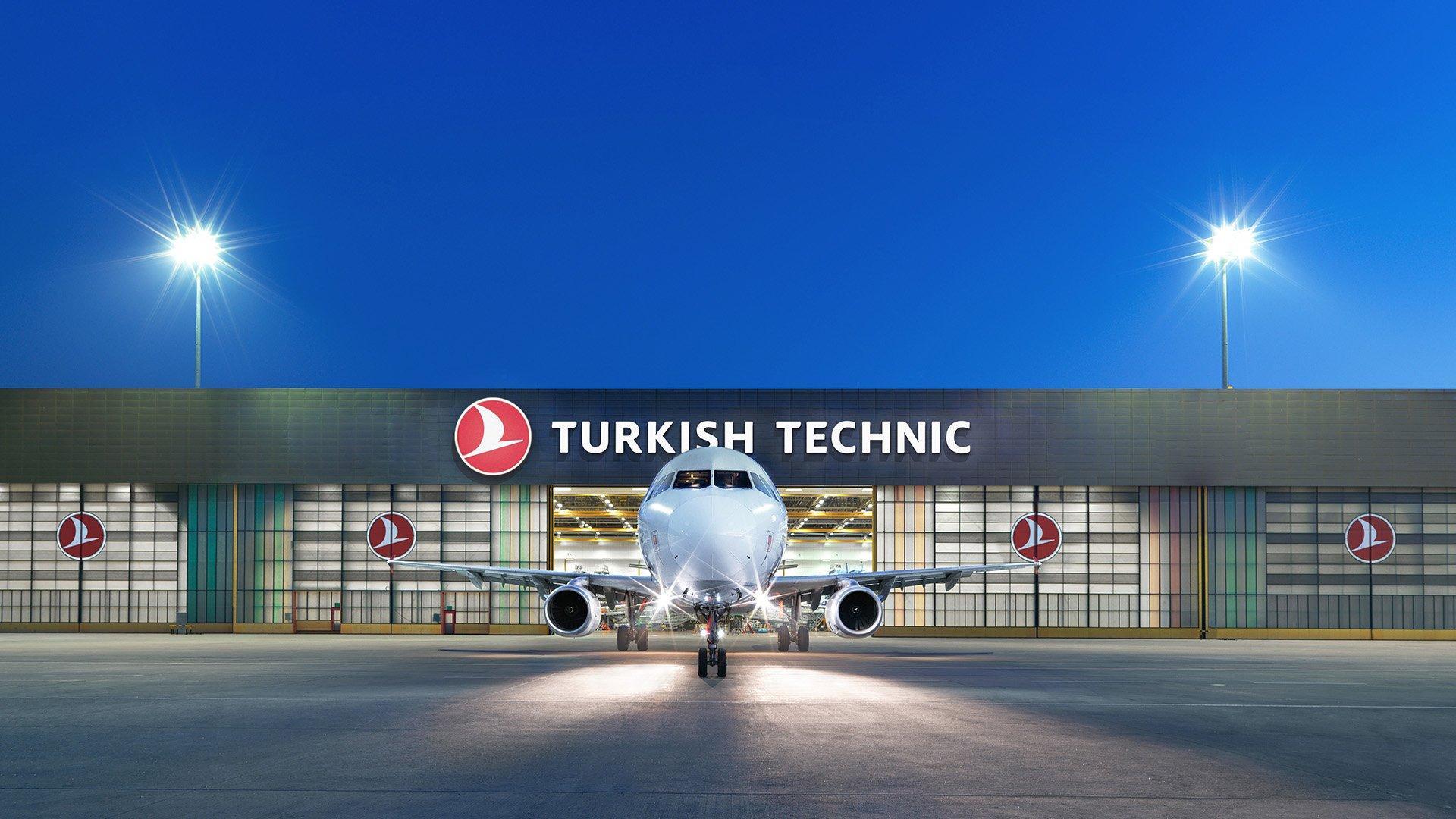
Turkish Technic and CFM Discuss Launching LEAP Engine Repair Hub in Istanbul

Malaysia Aviation Group Acquires 30 Narrow-Body Aircraft
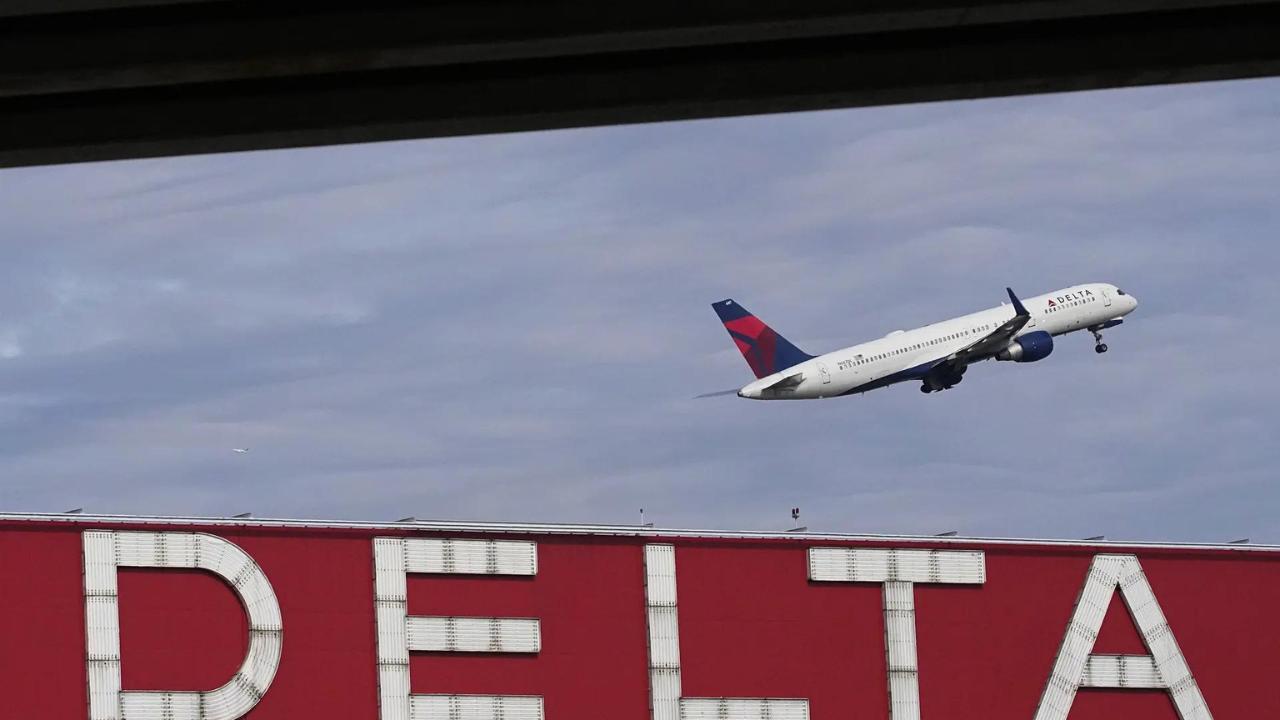
Delta Air Lines Opposes New Trump Tariffs on Aircraft Imports

NTSB Finds Engine Part Installed Backwards on American Airlines Boeing 737 That Caught Fire

Airlines Poised to Benefit from the Boeing 777X
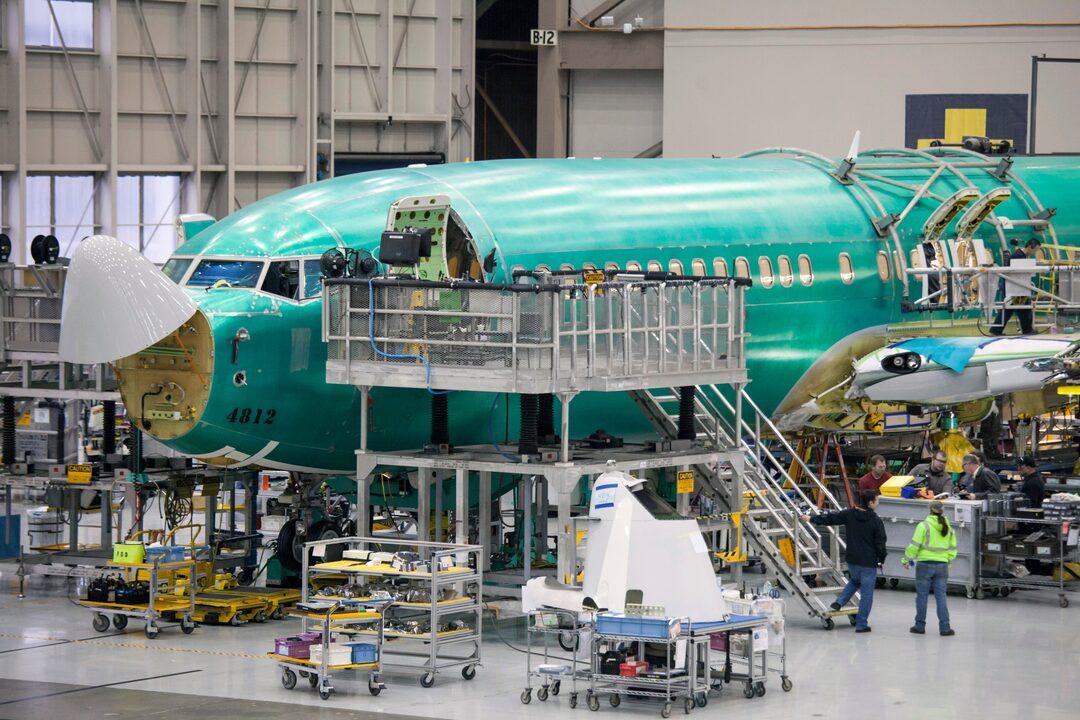
What Boeing’s Production Ramp-Up Means for Supply Chain Accounting

Malaysia Airlines Expands AI Partnership with Google

Demand for New Business Jets Expected to Grow 11% in 2025
